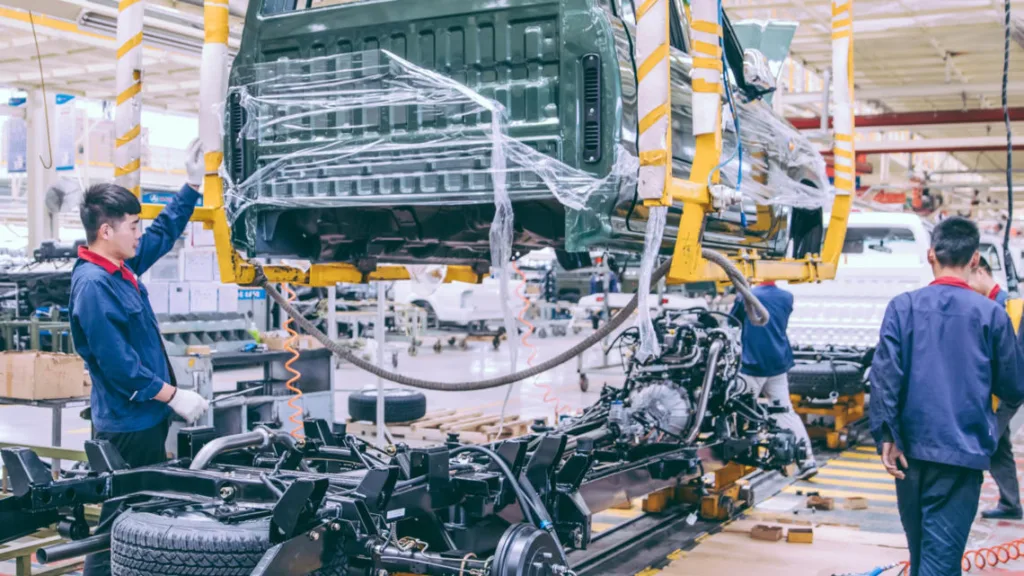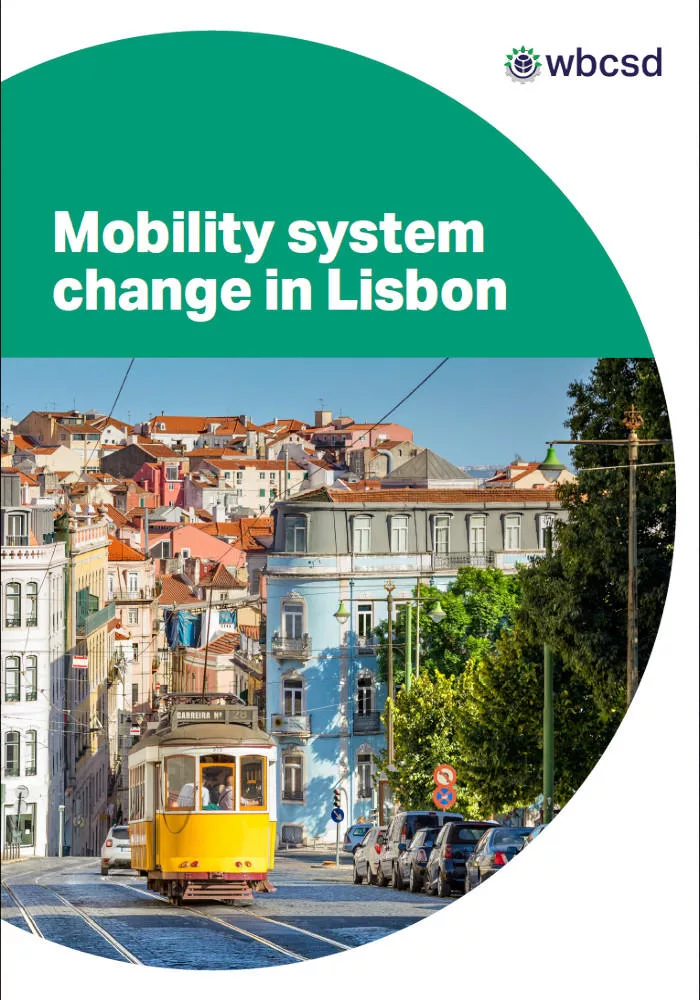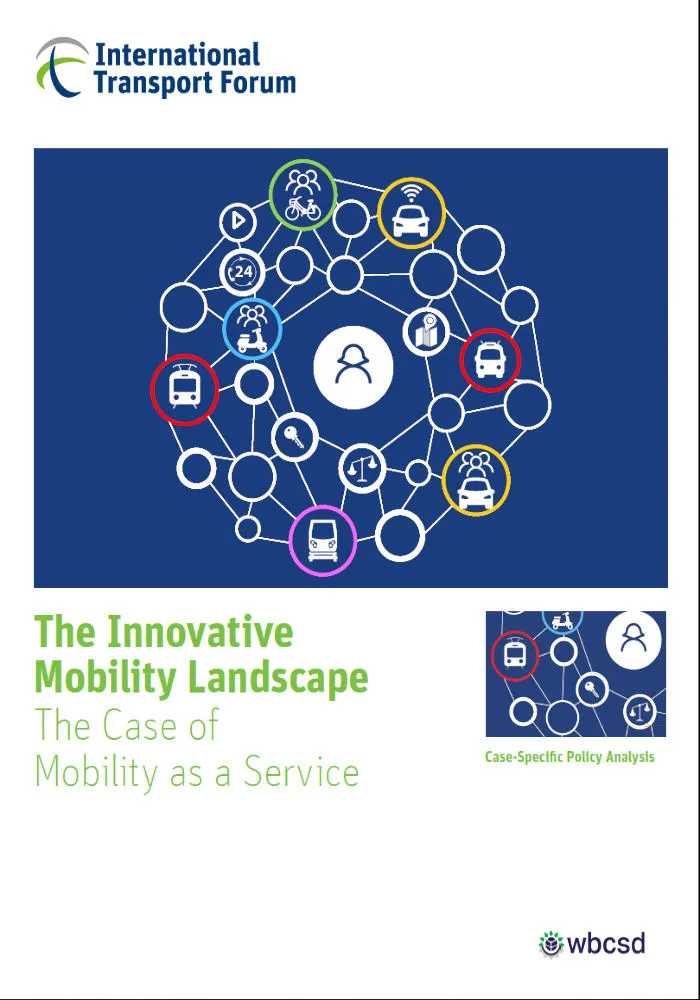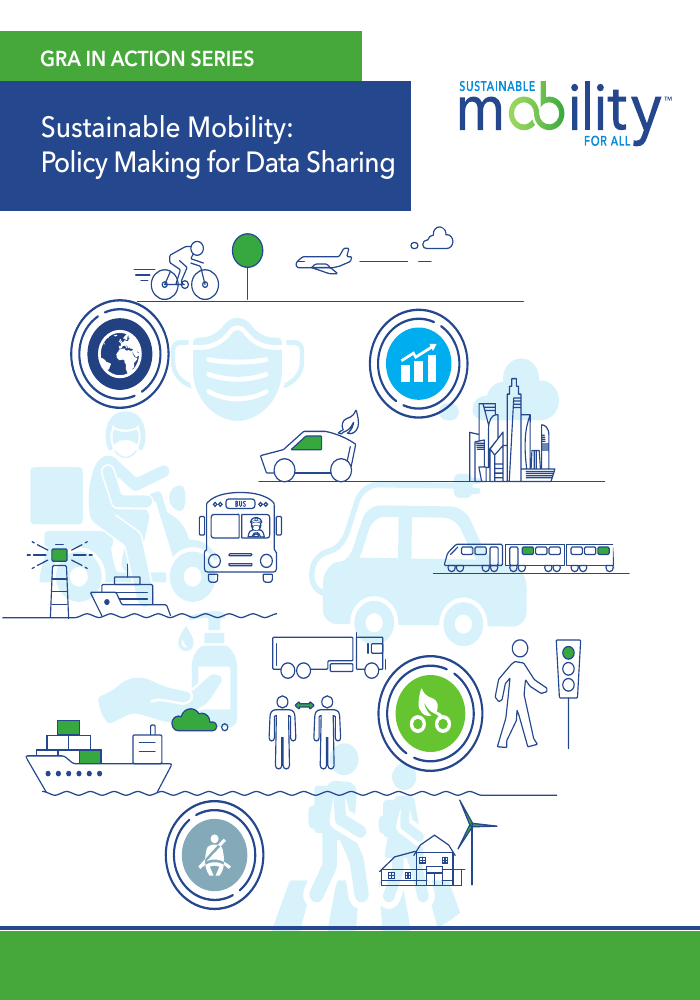Introduction
01
Increased digitalization and the ability to analyze large amounts of data is revolutionizing infrastructure and business models.
For example, by integrating data across the health and transportation systems, first responders can quickly reach accident sites and traffic management systems can redirect oncoming traffic. Traffic planners can use vehicle and street data to address any design issues and make street infrastructure safer. Consumers can also leverage data to understand the societal and environmental impacts of their mobility choices and choose more convenient and sustainable options. To optimize changes, mobility needs a shared digital framework that allows aggregation of new sources of data for a high-fidelity picture of the urban environment.
The challenge
02
The collection and use of mobility data come with a set of challenges and risks – not just for the individuals and entities to whom the data corresponds, but to the organizations and utilities who access, store and share data.
Many entities are averse to sharing data, for reasons such as real and perceived competition, privacy and ethics, cybersecurity and liability. Overcoming these challenges means finding alignment between multiple actors including citizens, governments, businesses and civil society.
The business case
03
A myriad of new applications that create public and private sector value become possible when mobility data is exchanged.
For example, sharing freight assets helps improve network efficiencies, lower carbon emissions and reduce transportation costs for operators. Many efficiency improvement possibilities arise from integrating mobility data and the true potential value of data-sharing is largely unknown. New applications and new sources of value are likely to emerge as different streams of data are aggregated and analyzed.
The solution
04
Collaborative action is crucial for enabling data-sharing toward sustainable urban mobility.
This workstream identifies common ground between stakeholders by developing a shared understanding of the problem and defining fundamental principles for data-sharing. In partnership with a range of mobility stakeholders including auto manufacturers, operators and experts, we have identified a set of principles for data sharing. It is our view that these principles could be applied to develop data-sharing policies, governance models and agreements.

First application of a new sustainable mobility map in Lisbon
16 November, 2021

Leading businesses propose nine actions to accelerate the deployment of charging infrastructure and fulfill the needs of growing EV market
10 November, 2021

Leading manufacturers support move towards better emissions measurement for the automotive industry
21 April, 2022

Mobility system change in Lisbon
16 December, 2021

The innovative mobility landscape
6 July, 2021

Policy making for data sharing
9 March, 2021
